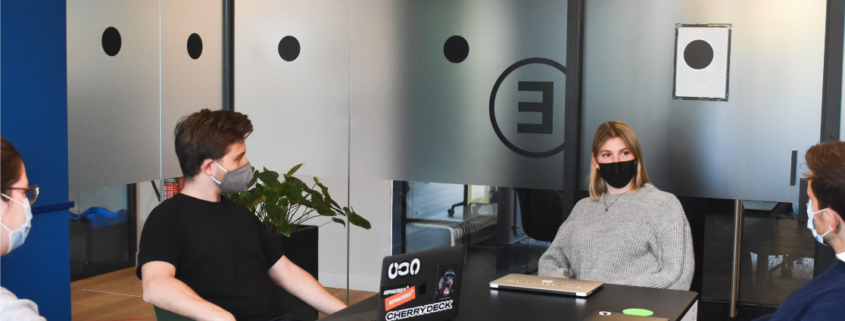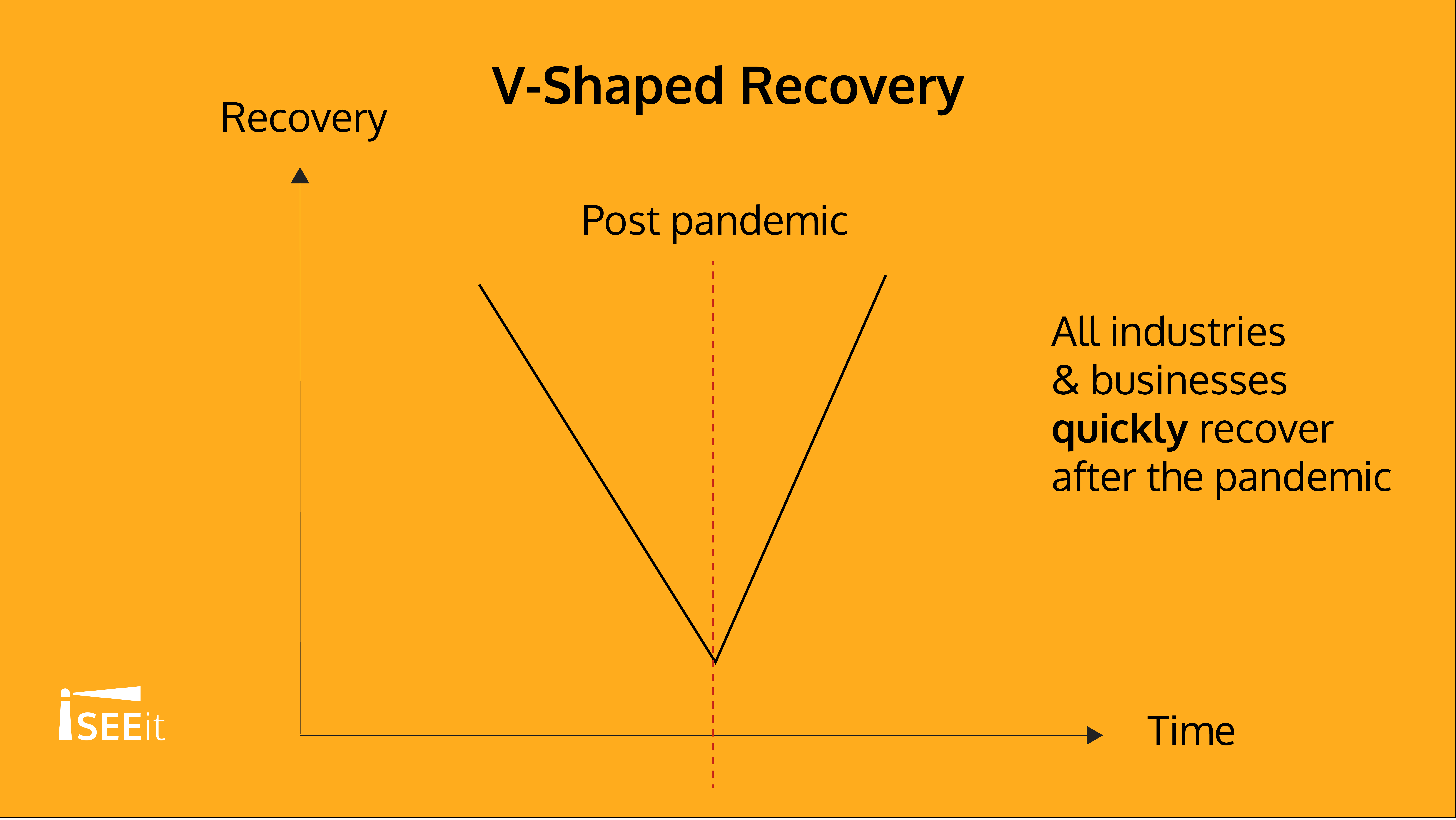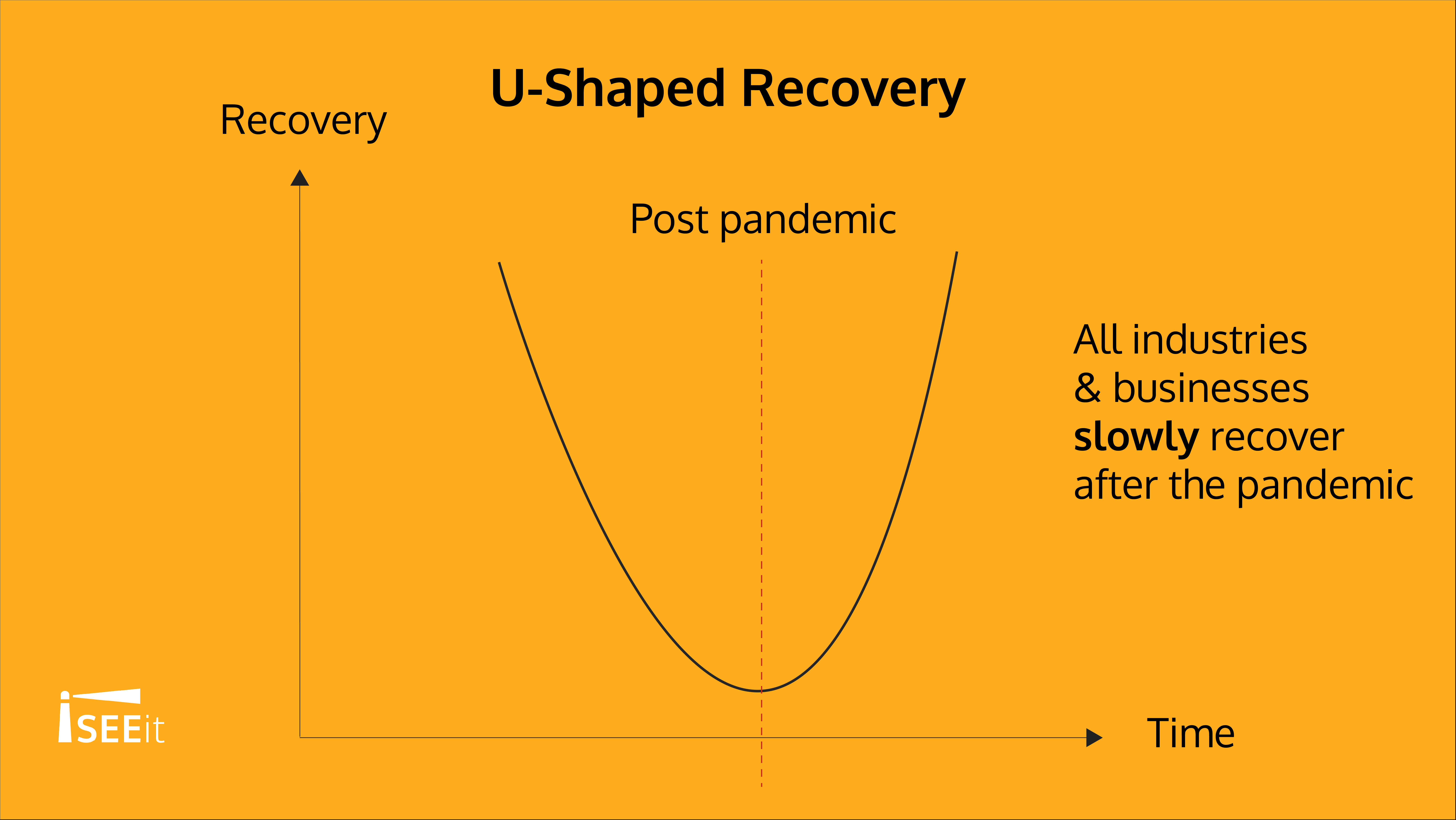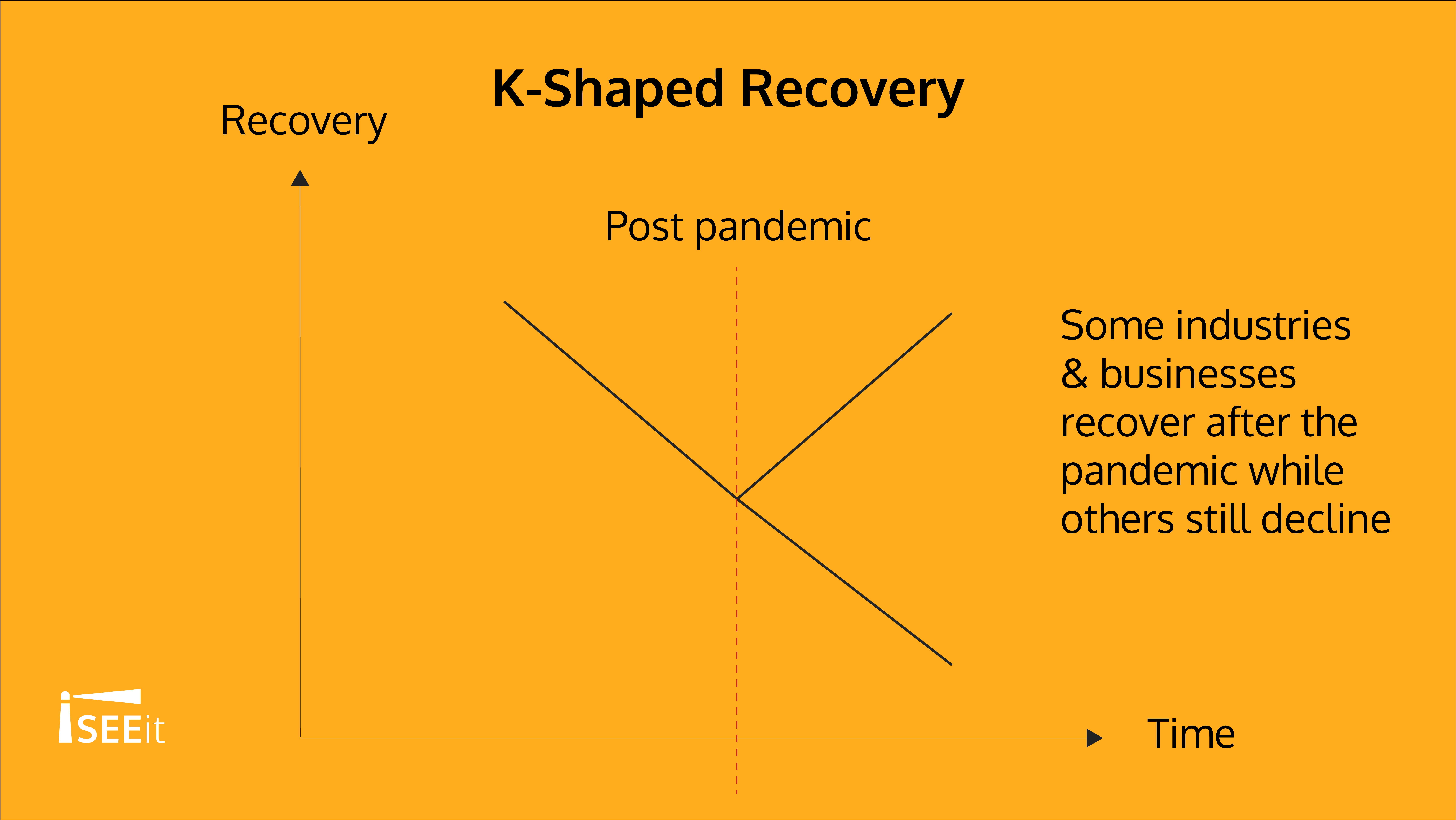3 Important Tips For a Successful Sales QBR in a COVID-19 World
That time of the year has come again for the annual Sales Kickoff and the first sales QBR of the year to take place. This time is crucial for many sales teams as it sets the tone for the year, giving teams the opportunity to reflect on the past year’s performance and strategize for the upcoming year.
While leading indicators such as Average Contract Value (ACV), Renewal rate, Pipeline and Close Rate will still play a key role in guiding decision making for the year, they might not address the “new normal” adequately.
Some businesses like the big tech companies have reported strong growth. However, others have been negatively impacted, reporting up to an 80% reduction in revenue. This will have a great impact on how they pivot their strategy and allocate resources in 2021.
Hence, sales teams will need to bear these extraordinary circumstances in mind as they prepare for QBRs and adapt accordingly. As such, here are 3 important tips to gear up for a successful Sales QBR in a COVID-19 world:
1. Stay Even Closer To Your Client
If your business has been negatively affected by the current situation, you may find yourself working on less deals in the pipeline, which may also be shared with aggressive competitors. Hence, execution will become key in helping you defend your space.
There has never been a better time to understand your prospect and build a deeper relationship with them than now. However, is your sales team ready for this?
You can set your sales teams up for success by stressing the importance uncovering your prospects’ biggest pain points. As opposed to reciting their well-rehearsed sales pitches, adding a personal touch to their communication could make all the difference in helping them identify salient pain points. In addition, your sales teams should also focus on building and maintaining strong relationships with these prospects. While face to face meetings may not be possible, being proactive about following up via digital tools will go a long way. Forging close relationships with your prospects is crucial because it gives you the opportunity to nurture them into champions. You will then be able to count on these champions to help push your deal forward if things go awry. Note: It’s important to help your sales team understand that during these hard times, it’s about being a reliable partner to your prospects. Reassure and let your prospects know that you’re here to help them achieve their goals for the year no matter what they may be.
2. Innovate From The Front
The best salespeople in the world are masters at creatively positioning their offerings to serve their clients’ needs. They usually have a great relationship with their prospects, which allows them to gain firsthand information on the changing demands and preferences in the different market segments. Therefore, these salespeople are a great source of information to understand where your target market is heading towards. Making time to listen to your top reps of 2020 on how and where they were able to succeed in the changed environment will fuel your market strategy for a successful 2021.
I personally remember the financial crisis back in 2008, when the banks’ IT budget got cut in half overnight. This forced them to freeze any new investments, which left them with barely enough funding to keep the lights on. The whole software industry was dramatically shaken and so were we during my time at BMC Software.
It wasn’t until our senior leaders called us into a “brainstorming” meeting that we finally figured out how to turn our fate around. In this meeting, we very quickly realized that the banks could not function without IT. The question was: how will they continue operations amidst the budget constraints? Our executive teams got us to go on a 1 hour breakout session. We got our top banking sales reps to get the answers to this question.
The result was surprising. Besides reducing IT headcount, their overarching approach to the problem was to “outsource”. One of the reps was even already in negotiations with Accenture on a multi-million deal to outsource a huge part of the bank’s IT staff and tools.
With this information, we were able to set ourselves up for success by adapting to how the banks would consume IT in the future. We pivoted and revised our offerings to serve agencies instead. We also focused our sales force on providing support in ensuring a smooth and lean handover from the IT personnel of the banks to the agencies. In the following year, we not only backfilled our forecast, but even managed to achieve double digit growth while our competitors declined.
Thanks to the good relationship that our sales reps had with the banks, we were able to get our hands on valuable information, which then allowed us to innovate and adjust our offerings accordingly.
3. Get Ready For When The Market Returns
As the fight to overcome the pandemic remains steadfast, it is only a matter of time before the market will bounce back. While it might take some time before the climate and business confidence gets restored to pre COVID-19 levels, the market will eventually recover. It might be a sudden V-shaped recovery, a gradual U-shaped recovery, or a K-shaped recovery in the worst case. Regardless, businesses and teams need to plan ahead and ensure adequate resources can be allocated to satisfy the demand. More importantly, businesses on the declining end of a K-shaped recovery will need to find ways to reinvent themselves in order to make a comeback.
One of the industries which has been impacted most by COVID-19 is the travel industry. Although this industry has been shattered with an expected decline of 80% in 2020, there is no question that people will want to travel again.
As people have not had the opportunity to travel in 2020, their desire to travel again will only continue to increase. In fact, research shows that people do indeed have a strong desire to travel in 2021, with 70% of people already planning their 2021 break or are about to start doing so. Hence, airlines, hotels and different services in this industry will need to be prepared in various ways to cope with this rise in demand after the pandemic.
While governments take drastic measures to support this sector, it will not be sufficient in sustaining the entire sector until it fully bounces back. While bigger companies already find it difficult to keep the lights on, smaller companies in particular bear the brunt of it. I particularly know of a small travel agency with about 20 employees who faced this difficulty. They wanted to keep their business running in their exclusive location downtown and still be able to keep all their employees. Given the uncertain outlook, the owner was forced to think outside the box.
In order to keep his fantastic location and his long-serving staff, he made a drastic pivot to his business model in order to continue funding his business. Instead of selling travel deals and packages, he became the first COVID-19 test center located downtown to offer instant test results. He hired a team of medical staff to handle the testing, repurposed the desks into secure test stations and trained his current staff to take care of the logistics and customer service. As a result, not only was he able to sustain his business and retain all his employees, he was even able to create new job opportunities.
Similarly, businesses need to think long-term and ensure that they have adequate resources for when the economy bounces back. While cost-cutting measures and layoffs can produce positive short-term effects, the cost of hiring someone new and retraining them in time for when the market recovers could pose as a bigger loss in the long-run. The challenge would be for companies to find ways to reinvent themselves to thrive in an environment like this until the situation improves.
Conclusion
While we’re all trying to navigate and plan for a successful year ahead, we have to adapt our sales processes and even business models to one that will be compatible with a pandemic. We hope these 3 tips will empower you in preparing for a successful QBR that is suited for the new normal.










Leave a Reply
Want to join the discussion?Feel free to contribute!